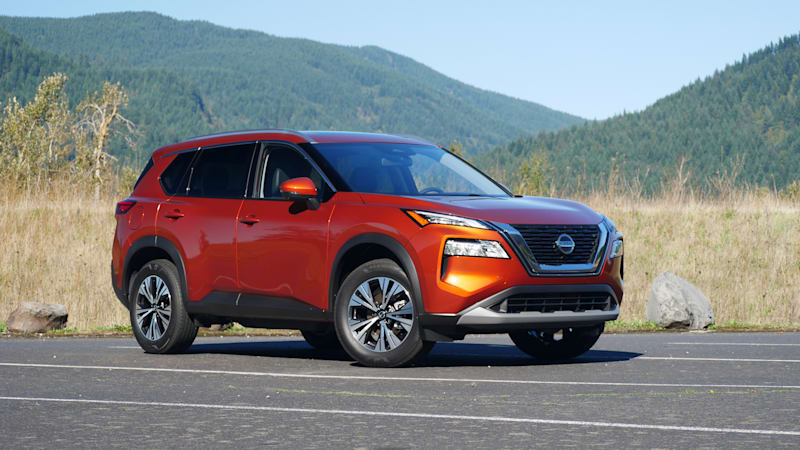TOKYO – Nissan expects to break even this fiscal year, defying expectations of a return to profitability as the global chip shortage slows the carmaker’s recovery from a record annual operating loss.
“Fiscal year 2020 was a year dominated by the COVID-19 pandemic and impacted by multiple factors, including a growth in environmental awareness and both political and economic changes,” said CEO Makoto Uchida.
Nissan, Japan’s No. 3 automaker, forecast to break even for the year beginning April 1 was lower than a 241.7 billion yen ($ 2.23 billion) profit forecast by SmartEstimate .
“Looking at today’s immediate challenges, there is a big impact from business risks like semiconductor and commodity price increases … so right now we expect operating profit to level out,” Uchida said of an online profit. call, adding that Nissan will provide updates on its outlook after the first quarter.
The global auto industry has been struggling with a chip shortage since late last year, exacerbated in recent months by a fire at a factory of the leading chip maker Renesas Electronics Corp in Japan and blackouts in Texas, where a number of chip manufacturers have factories to have.
That forced Nissan to cut production by 130,000 cars in the past year, although the company has been able to reclaim half of that production, Chief Operating Officer Ashwani Gupta said.
The ongoing shortage of semiconductors, mainly due to the fire at the Renesas plant, will hit Nissan in the first quarter and is likely to affect the production of 500,000 Nissan vehicles this year as well, Nissan executives said.
The company expects to recover half of the degraded production in the second half of the year, they said.
Renault SA’s alliance partner will slash production at several plants in Japan in May, three sources with direct knowledge of the plan told Reuters last month. It will also adjust production schedules at plants in North America and Mexico.
Nissan is also struggling to make money as it pulls back from the global expansion pursued by deposed chairman Carlos Ghosn, who left it with an obsolete car offering. It has not turned a profit since the year ended March 2019.
The company said its annual operating loss in the year ended March 31 was 150.65 billion yen, from a 40 billion yen deficit in the previous year.
However, it exceeded the February forecast of a loss of 205 billion yen thanks to cost cutting and a sales rebound led by China and the United States.
Nissan plans to sell 4.4 million vehicles this fiscal year, compared to 4,052 million in the previous 12 months, but still significantly less than the 4.9 million vehicles it sold two years earlier.
“Despite headwinds, we reduced our losses more than we predicted, thanks to the accelerated transformation focused on rationalization and sales quality, while increasing investment in new products and technologies,” said Gupta.
Mitsubishi Motors Corp, the junior partner in the three-way alliance with Renault, predicted operating profit of 30 billion yen for the full year ending in March on Tuesday.
Nissan’s bigger rival Toyota, which will report its full-year results on Wednesday, said in February that it expects a 54% increase in earnings for the year ending March. It became the world’s largest automaker last year and has protected its operations from the shortage of chips better than its competitors.
